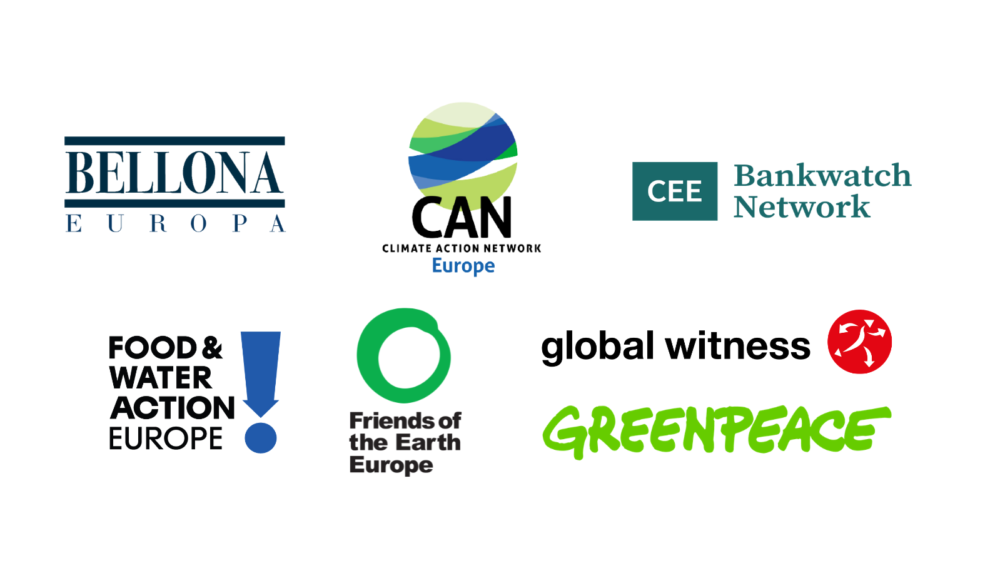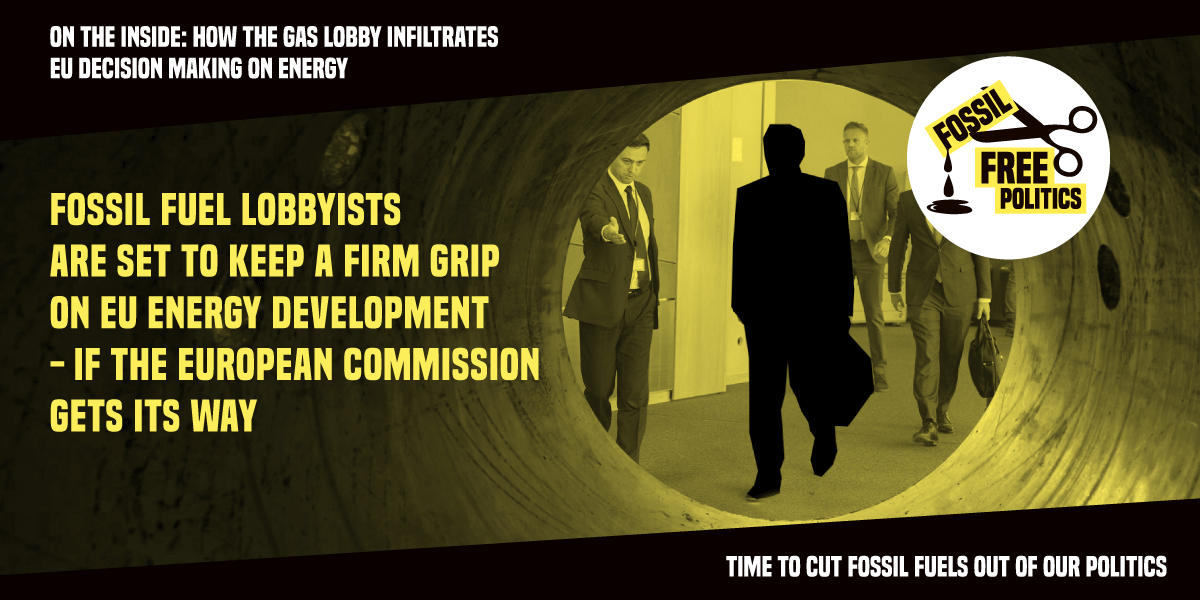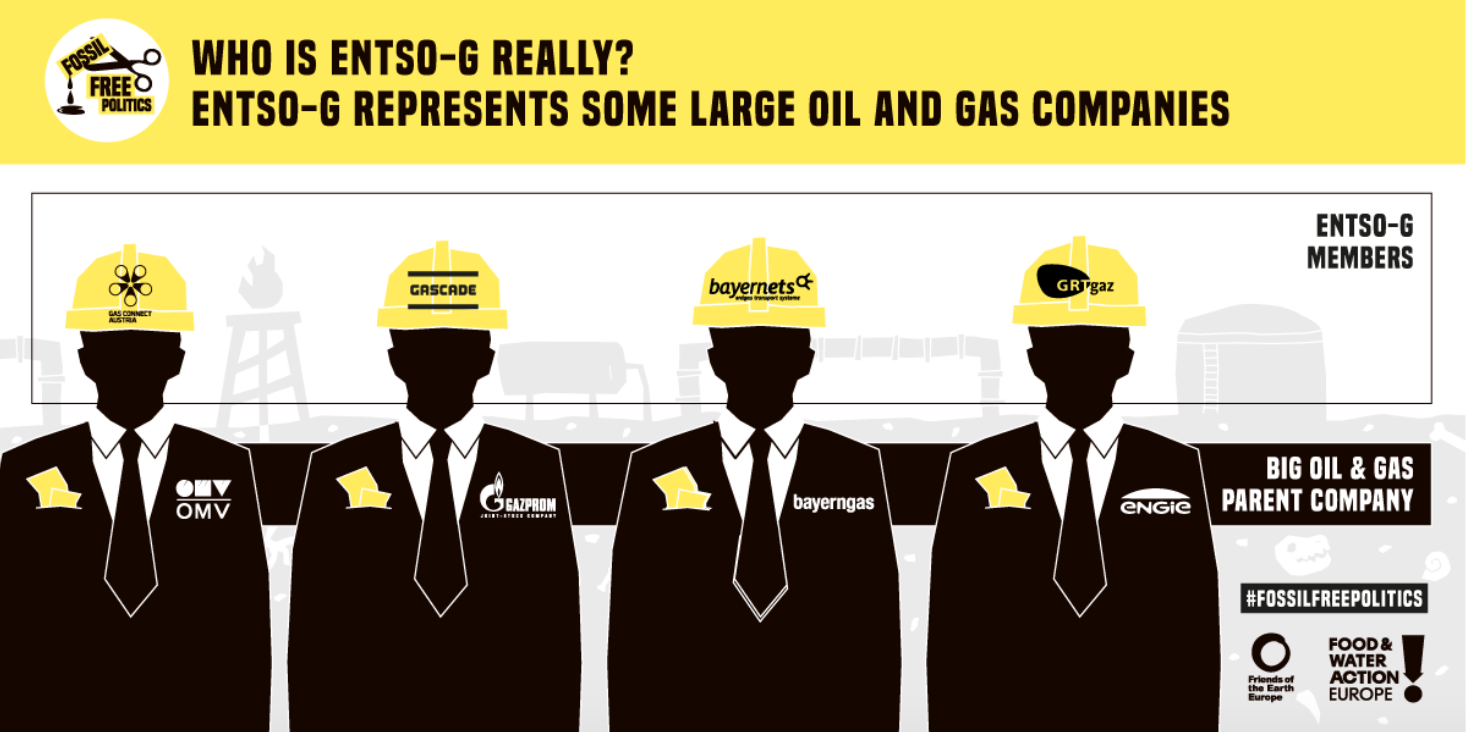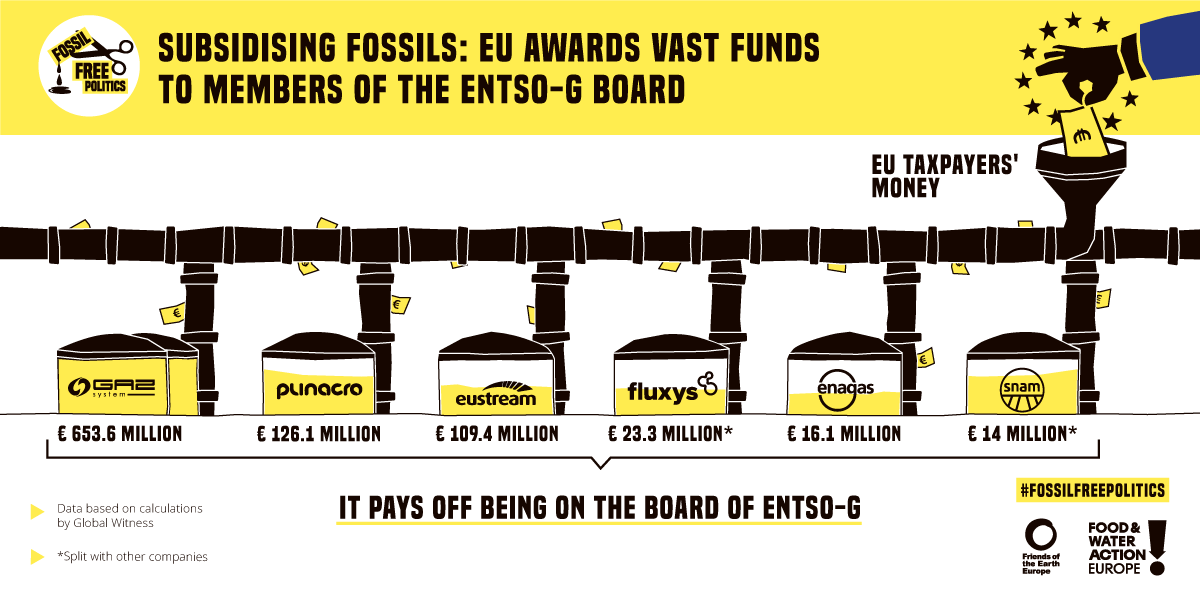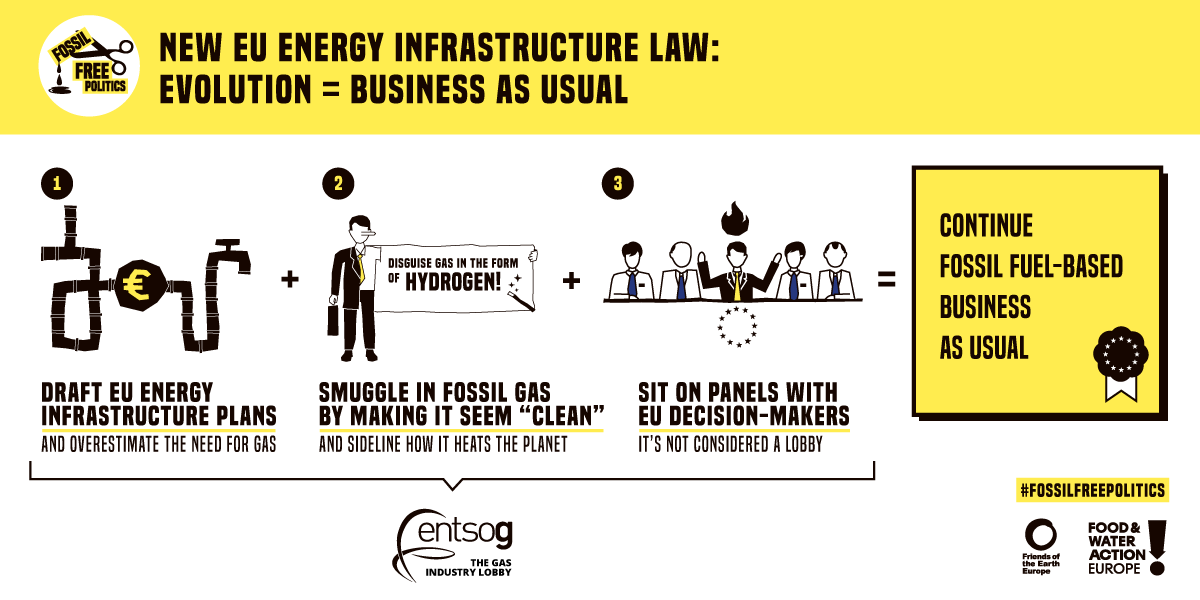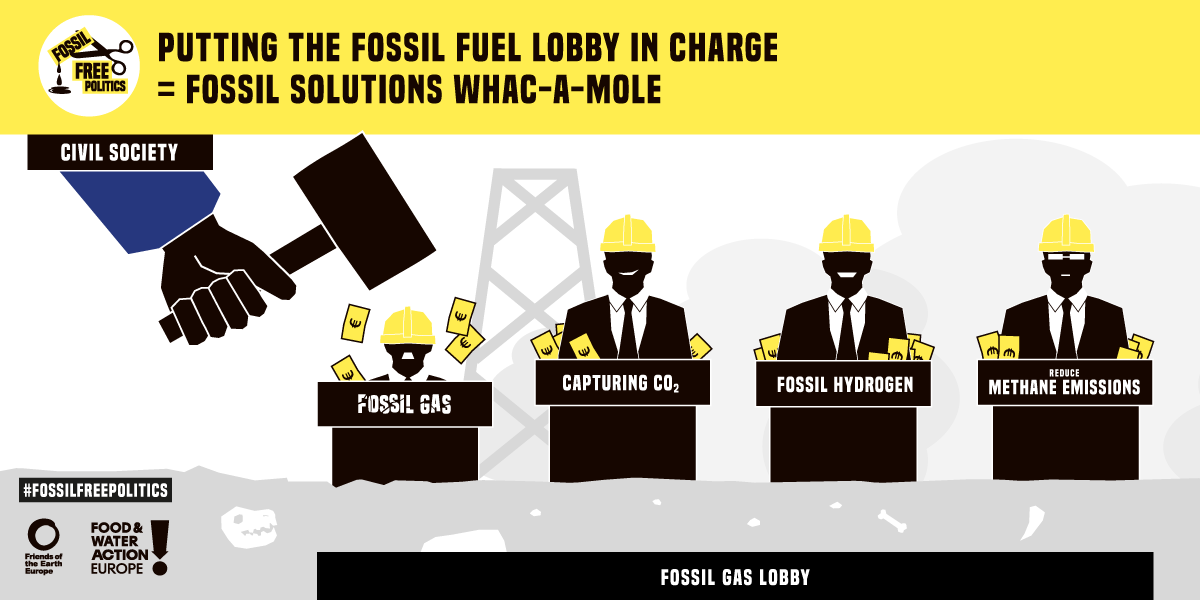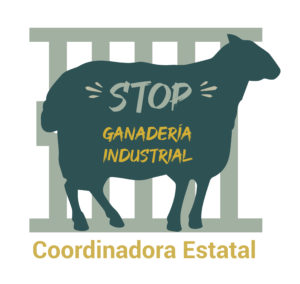FOOD & WATER ACTION EUROPE, FRIENDS OF THE EARTH EUROPE, GLOBAL WITNESS
26 July 2021, Brussels – Three climate NGOs have filed a complaint with the European Ombudsman over the European Commission’s repeated failure to properly assess the climate impact of fossil gas projects seeking political and financial support from the EU. This means gas infrastructure projects with significant impacts on accelerating global warming stand to benefit from favoured treatment.
Food & Water Action Europe, Friends of the Earth Europe and Global Witness say that the Commission’s revised methodology for deciding which fossil gas pipelines and terminals will earn the status of “projects of common interest” (PCI) does not include a credible sustainability assessment. PCI status means a project is treated as high priority, enjoys fast-tracked planning and can receive significant public funding.
This updated methodology, published last month, means that even if a gas project fails the sustainability test, it will not automatically be removed from the PCI list. Moreover, the analysis does not take into account methane leakage from infrastructure but methane leakage from Europe’s fossil fuel infrastructure accounts for some 2% of the EU’s total annual greenhouse gas emissions. The methodology only considers carbon savings when compared to coal, which artificially inflates the alleged savings. The NGOs are also critical of a lack of transparency over project assessment (as previously noted by the Ombudsman), making it impossible to know how or why a project was approved.
Analysis by Global Witness has shown just how catastrophic it would be for the planet; additional emissions from proposed gas projects would total at least 213 million tonnes of carbon dioxide every year – equivalent to the emissions of Germany’s fleet of coal plants in 2018.
Frida Kieninger, Senior Campaigner with Food & Water Europe said:
“With climate catastrophe knocking at Europe’s doors and flooding our towns, it is appalling that once again the Commission is ignoring science and proposing a farcical process overlooking the climate impacts of the fossil gas projects it will support.”
“This means dozens of climate-damaging, not to mention unnecessary, gas pipelines and terminals could receive favoured treatment from the EU. Instead of pumping more public cash into fossil fuels, the EU should be fighting to phase them out to protect our climate.”
The complaint comes after the EU Ombudsman already censured the EU Commission for a “suboptimal” sustainability process for assessing gas projects that failed to take into account climate risks. The Commission promised it would take several steps to improve its criteria for assessing PCI projects and the Ombudsman indicated that this should include both carbon dioxide and methane emissions.
The European Commission is expected to publish its final draft fifth list of PCI projects in November, which will then go to MEPs and EU governments for approval or rejection. A Global Witness analysis of the previous four PCI lists showed that at least €440 million of EU taxpayer money has been wasted on projects that either have or are likely to fail.
Notes to editor:
[1] Link to sustainability methodology: https://circabc.europa.eu/ui/group/3ba59f7e-2e01-46d0-9683-a72b39b6decf/library/8248eebd-2590-44b1-b1c8-01bcb01ea7af?p=1&n=10&sort=modified_DESC
[2] For all calculations, citations, and methodologies used to determine carbon emissions, see Global Witness, EU Proposed 5th PCI List – Possible CO2 Emissions, 25 June 2021, available at https://gwitness.org/5th_PCIList_Carbon_Emissions.
[3] European Ombudsman (10 February 2020). Decision in case 1991/2019/KR on the European Commission’s action concerning sustainability assessment for gas projects on the current List of Projects of Common Interest. Available at: https://www.ombudsman.europa.eu/en/decision/en/135095
[4] Global Witness (2021) EU companies burn fossil gas and taxpayer cash
Available at: https://www.globalwitness.org/en/campaigns/fossil-gas/eu-companies-burn-fossil-gas-and-taxpayer-cash/
[5] Methane leakage quantities and proportions https://www.eea.europa.eu/publications/european-union-greenhouse-gas-inventory-2019



